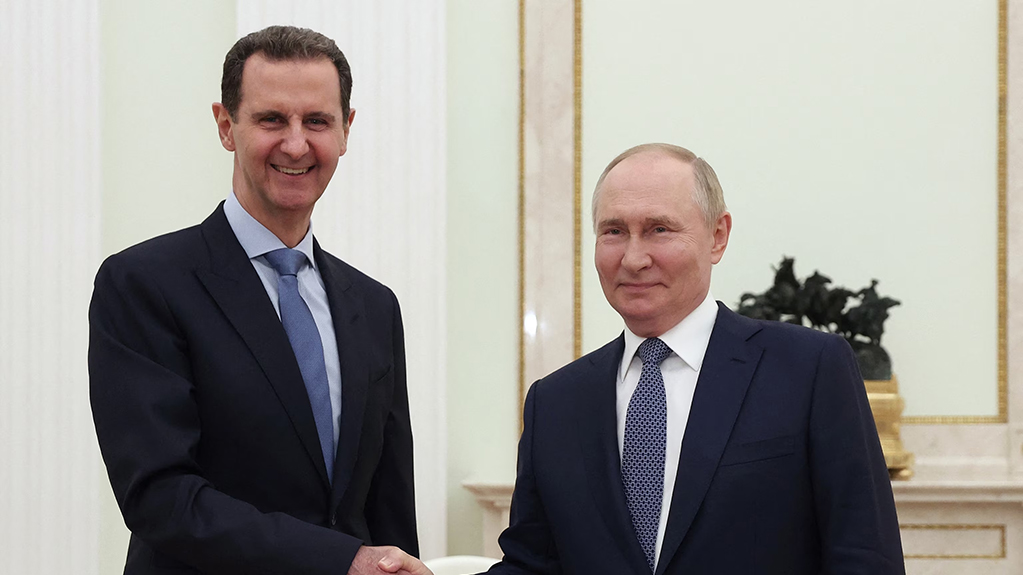Former Syrian President Bashar al-Assad and his family have arrived in Moscow after being granted humanitarian asylum by Russia, according to reports from Russian state news agencies.
News
On December 8, the Russian Foreign Ministry announced that Assad had decided to step down following talks with “several participants in the Syrian conflict” and had ordered a “peaceful transfer of power.”
Russia’s permanent representative to international organizations in Vienna, Mikhail Ulyanov, confirmed on Platform X on December 9 that Assad and his family were in Moscow. “Russia does not betray its friends in difficult situations. This is the difference between Russia and the United States,” the diplomat wrote.
The RIA Novosti news agency, citing a Kremlin source, reported that Russian officials were in contact with leaders of the Syrian armed opposition, who are ensuring the security of Russian military bases and diplomatic institutions in Syria.
On the night of December 8, anti-government groups entered the Syrian capital, Damascus, and announced the overthrow of President Bashar al-Assad.
The Assad family has ruled Syria since 1971, with Bashar al-Assad assuming office in 2000. In 2011, Syrians took to the streets to protest the dictatorial regime, but the peaceful demonstrations escalated into a civil war that has claimed more than 300 000 lives over the past decade. In 2018, Bashar al-Assad recognized two regions of Georgia - Russian-occupied Abkhazia and the so-called South Ossetia - as independent republics.
U.S. President Joe Biden described Assad's resignation as a "fundamental act of justice."
“This is a moment of significant risk and uncertainty, but I also believe this is the best opportunity for generations of Syrians to build their own future,” Biden said. He noted that, over the past two years, the actions of the United States and its allies have weakened Syria’s backers - Russia, Iran, and the Iranian-backed Hezbollah in Lebanon.
The Syrian opposition is led by the Sunni rebel group Hayat Tahrir al-Sham, which has been designated a terrorist organization by the United States and other Western countries.















